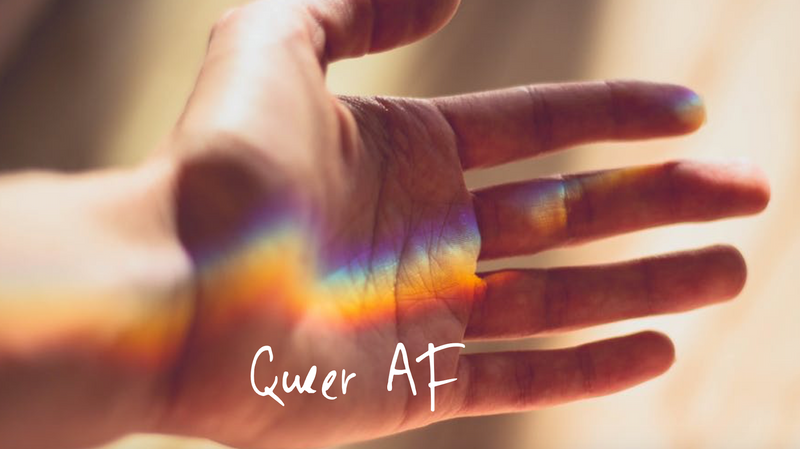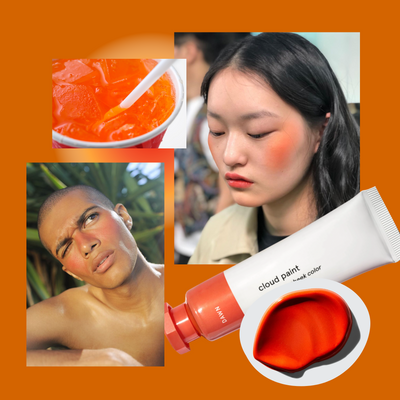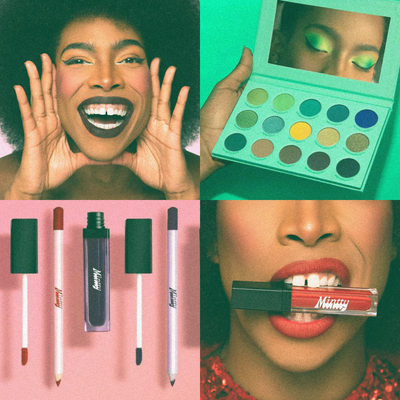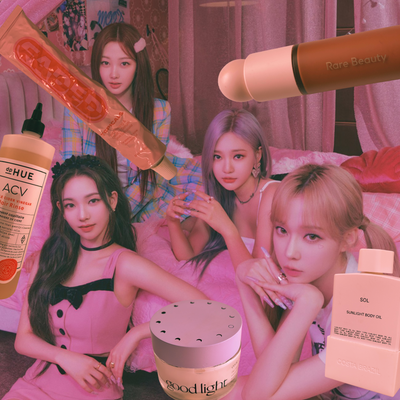Editor’s Note: As Pride Month comes to a close, we here at Very Good Light are dedicating an entire week on LGBTQ+ voices, stories, and the beautiful diversity that the community has to offer. Today, we start with an essay on the very word, “queer,” what it means to some and how one man came to terms with its very power.
Every time I visit home, my dad forgets about at least one of my tattoos and my mom forgets I’m queer.
Not in a “so how’s the girlfriend” way, but in a semantics way. My mom knows I’m not straight, but she fumbles with saying “queer.”
SEE ALSO: Milk Makeup’s glitter stick is like wearing a Pride parade on your face
“I don’t like that word!” she usually interjects when I correct her that I do not identify as gay. That’s not to say I don’t date other men, but the label, “gay,” does not encapsulate the entirety of how I experience my gender and sexuality. I like boys, I like girls, I like people who don’t necessarily identify as either. My dating life (ha!) tends to be more male-oriented, but who’s to say that couldn’t change? My mother’s discomfort, I assume, comes from the context of the word queer when she was growing up, when it was used as an insult. But now, a whole slew of people have adopted the word as an identity label. So what does queer exactly mean, and how did it go from a homophobic slur to an all-inclusive adjective?
What is equality worth when you are only as good as your oppressor?
Within the context of identity, “queer” began being used as a slur against gay men and some lesbians during the mid-20th Century. In the 1990s, writers and theorists like the late José Esteban Muñoz and Judith Butler began coalescing the fields of gay, feminist, and other sexual or gender identity-based study under the reclaimed moniker of Queer Theory. But notion of reclaiming of “queer” from slur to identity label was not birthed in the academy but by ACT UP and other radical resistance movements who fought for gay visibility during the initial HIV/AIDS crisis. Queer Nation, founded in 1990, established the now infamous chant “We’re here! We’re queer! Get used to it!”
Conversely, there are those, mainly from an older generation, who do not see the power in reclaiming this word. It is important, too, to recognize that there are some members of the LGBTQ community for whom this word was weaponized against them, often used in conjunction with other acts of violence. When the Huffington Post changed the name of their LGBTQ section from “Gay Voices” to “Queer Voices,” contributor James Peron wrote an op-ed stating he would no longer be writing for the column because he found the use of the term “traumatic.”
Queerness can be seen as an oppositional force against these powers-that-be.
To some, Queerness lives within that space of contextual otherness – deviating from prescribed ways of being and living that have been constructed and enforced by heteronormativity (the idea that heterosexually is the “default” or “correct” sexuality), toxic masculinity, and even capitalism. It can be helpful to look at this from the perspective of compulsory masculinity, wherein men are expected to dress, behave, and act in a certain way. Men who choose to deviate from this put themselves at risk of being “corrected” by other men whose conception of their own masculinity relies on the Other. To this end, queerness can be seen as an oppositional force against these powers-that-be. But in reality, queerness is fighting for the freedom from these power structures and being able to live authentically as your own. What is equality worth when you are only as good as your oppressor?
There is a difference between wanting the fairness to play by the same rules, and wanting to opt out from the game altogether. Often times, navigating queerness feels like playing a game; how you play your cards determines whether or not you get harassed on the streets or on the train; whether coworkers or employers will take you seriously; if and how you can start a family. The most mundane chores of everyday life, living “under the radar,” or “straight-passing” can determine the outcome of your very own personal safety.
For me, these experiences often have me questioning my everyday existence. Did my voice sound too effeminate when I ordered my coffee this morning? Did I sissy that walk a little too much on my way to the train? Should I block my homophobic great grandmother on Facebook?
It may be disheartening to discern that Queer has no solid or accepted definition within the LGBTQ community, but looking elsewhere yields poorer results. The first four definitions of “queer” in the Merriam Webster dictionary are “worthless, counterfeit; questionable suspicious.” The ones thereafter don’t vary much, even within a gay context.
Unfortunately, life often feels manufactured to render queer people’s existence worthless, counterfeit, questionable. While there is a lot that divides queer people of all identities, our shared queerness can be a space to come together.
For me, it’s an empowering term, one that allows me to not only tolerate “otherness” but embrace disparities. What was once a pejorative term has become something beautiful, at least to me. After all, being queer is just being your true, authentic, unique, self.






